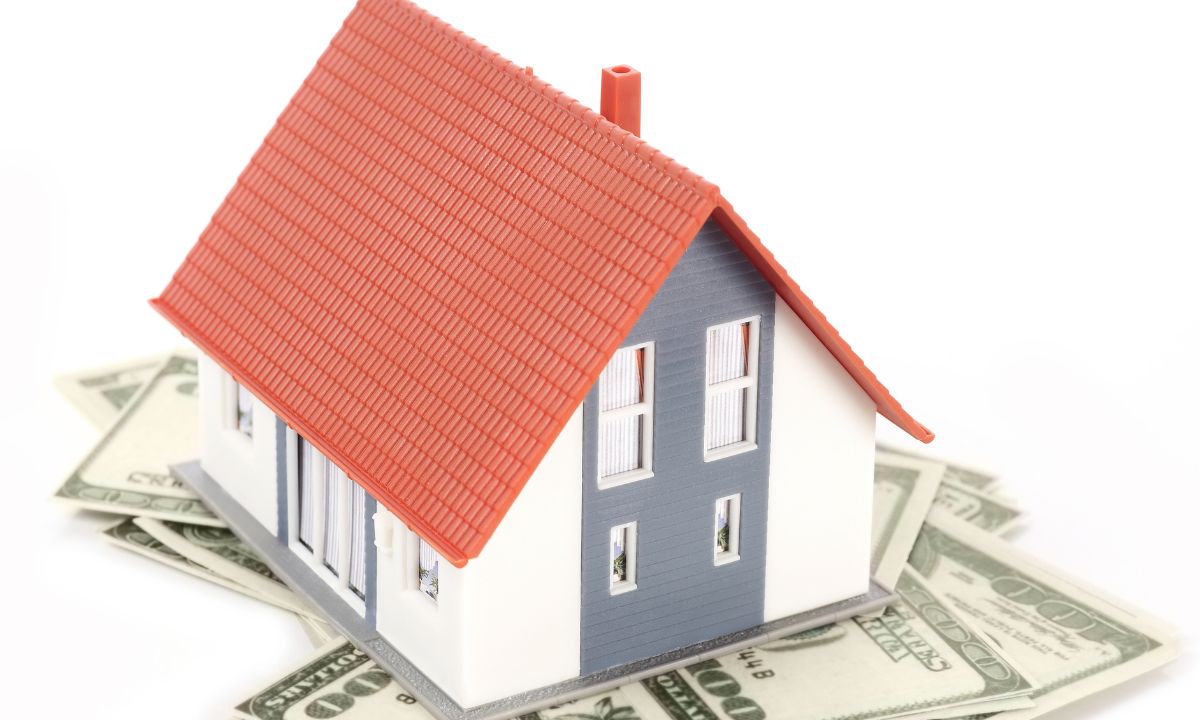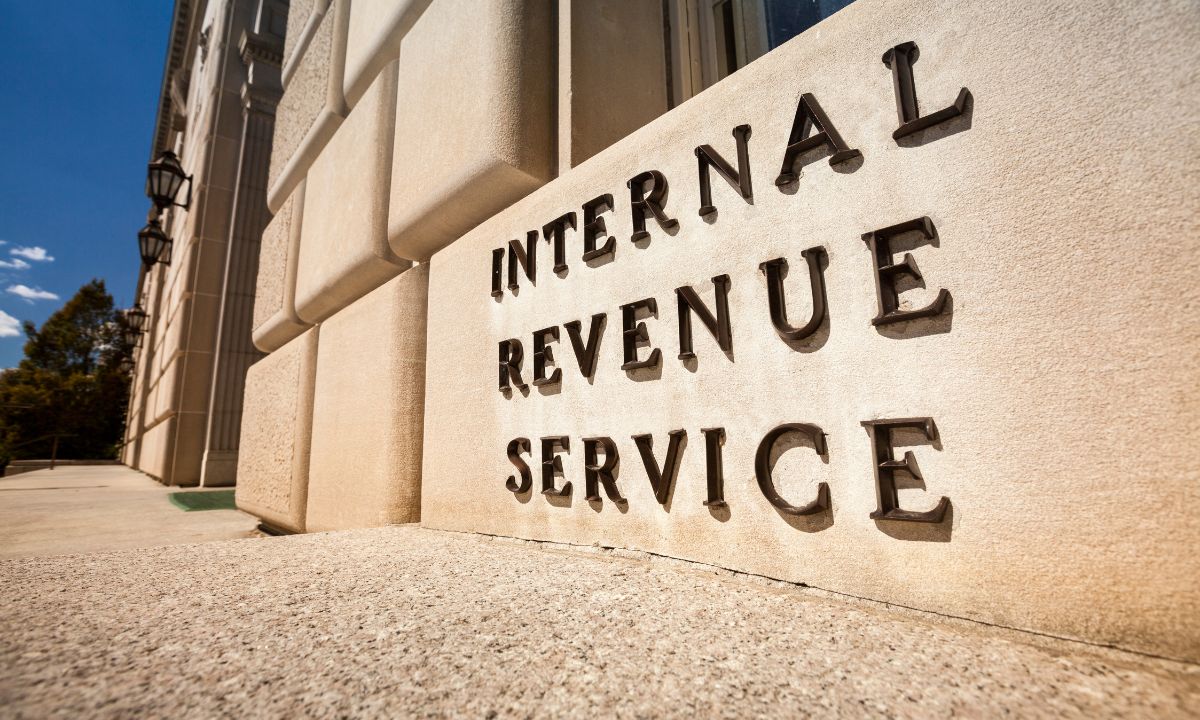 Selling your home can be an exciting yet daunting process, and one of the most pressing questions you may have is, “What will it cost me?” The total expenses involved in selling a home can fluctuate based on various factors, including the sale price, any concessions you might offer to buyers, and the condition of your property. Understanding these costs upfront can help you plan better and minimize surprises down the road.
Selling your home can be an exciting yet daunting process, and one of the most pressing questions you may have is, “What will it cost me?” The total expenses involved in selling a home can fluctuate based on various factors, including the sale price, any concessions you might offer to buyers, and the condition of your property. Understanding these costs upfront can help you plan better and minimize surprises down the road.
Key Expenses to Anticipate
1. Closing Costs and Commissions
One of the largest expenses you’ll encounter is the closing costs, which typically range from 2% to 4% of your home’s sale price. According to real estate experts, this means that for an average home sold in 2024, you could be looking at anywhere from $7,740 to $15,480 in closing costs. These fees cover various expenses such as title insurance, attorney fees, and taxes.
You might also consider covering some closing costs for the buyer to make your offer more appealing. While this can cut into your profits, it could ultimately facilitate a smoother sale.
2. Pre-Listing Inspections and Repairs
Many sellers opt for a pre-listing inspection to identify potential issues before they arise during the buyer’s inspection. Addressing these problems beforehand can prevent negotiations from stalling later. While a pre-listing inspection is not mandatory, your real estate agent can guide you on which repairs or upgrades offer the best return on investment. Whether it’s a fresh coat of paint or significant repairs, strategic spending can enhance your home’s appeal.
3. Home Staging Costs
In today’s competitive market, first impressions matter. Home staging can significantly impact how quickly your property sells and at what price. Staging costs typically range from $782 to $2,817, depending on the extent of the staging required. If you’re looking to save, there are also budget-friendly options your agent can recommend, such as decluttering and rearranging existing furniture to make the space feel more inviting.
The Silver Lining is Building Equity
While these costs may seem overwhelming, it’s essential to remember that many homeowners have built substantial equity in their properties over time. This equity can often cover selling costs and leave you with a profit that could help fund your next home purchase.
Why Partnering with a Real Estate Agent Is Key
Navigating the complexities of selling a home can be tricky, especially when it comes to understanding where to allocate your budget. While some expenses—like staging and inspections—are optional, skipping out on professional representation could be a costly oversight. A knowledgeable real estate agent not only helps you price your home competitively but also provides valuable insights on repairs and enhancements to attract buyers.
Ready to Take the Next Step?
If you’re curious about what costs to expect when selling your home or need guidance on the selling process, let’s connect! With the right information and support, you can make informed decisions that lead to a successful sale.
 If you’re selling your home, you might be surprised to learn that certain information regarding the sale must be reported to the IRS. This requirement stems from the Tax Reform Act of 1986 and is meant to ensure compliance with tax laws and to assist the IRS with audits.
If you’re selling your home, you might be surprised to learn that certain information regarding the sale must be reported to the IRS. This requirement stems from the Tax Reform Act of 1986 and is meant to ensure compliance with tax laws and to assist the IRS with audits. Selling your home is an exciting journey, but receiving a lowball offer can feel like a setback. While it might be tempting to reject such offers outright, handling them with patience and strategy can often lead to a better outcome. Here’s how to effectively manage lowball offers on your home.
Selling your home is an exciting journey, but receiving a lowball offer can feel like a setback. While it might be tempting to reject such offers outright, handling them with patience and strategy can often lead to a better outcome. Here’s how to effectively manage lowball offers on your home. Have you ever had a conversation with a total stranger where you said something that you regret? If you are placing your house or condo on the market, you’re eventually going to end up having to chat with potential buyers. Yes, your real estate agent is likely to do most of the talking. However, you will still have to deal with buyers who want to grill you about the home’s history, condition, and more.
Have you ever had a conversation with a total stranger where you said something that you regret? If you are placing your house or condo on the market, you’re eventually going to end up having to chat with potential buyers. Yes, your real estate agent is likely to do most of the talking. However, you will still have to deal with buyers who want to grill you about the home’s history, condition, and more. For many people, putting their home up for sale is an exciting time. With real estate on the rise, there are plenty of opportunities to see financial gains. Unfortunately, even if you’re selling your home, there are still going to be costs involved before ownership is transferred. If you want to be prepared for what to expect, here are some costs to watch out for.
For many people, putting their home up for sale is an exciting time. With real estate on the rise, there are plenty of opportunities to see financial gains. Unfortunately, even if you’re selling your home, there are still going to be costs involved before ownership is transferred. If you want to be prepared for what to expect, here are some costs to watch out for. Are you thinking about selling your home? If so, you may be weighing the pros and cons of working with a professional real estate agent. Let’s take a quick look at three great reasons why you won’t want to handle the sale yourself.
Are you thinking about selling your home? If so, you may be weighing the pros and cons of working with a professional real estate agent. Let’s take a quick look at three great reasons why you won’t want to handle the sale yourself.